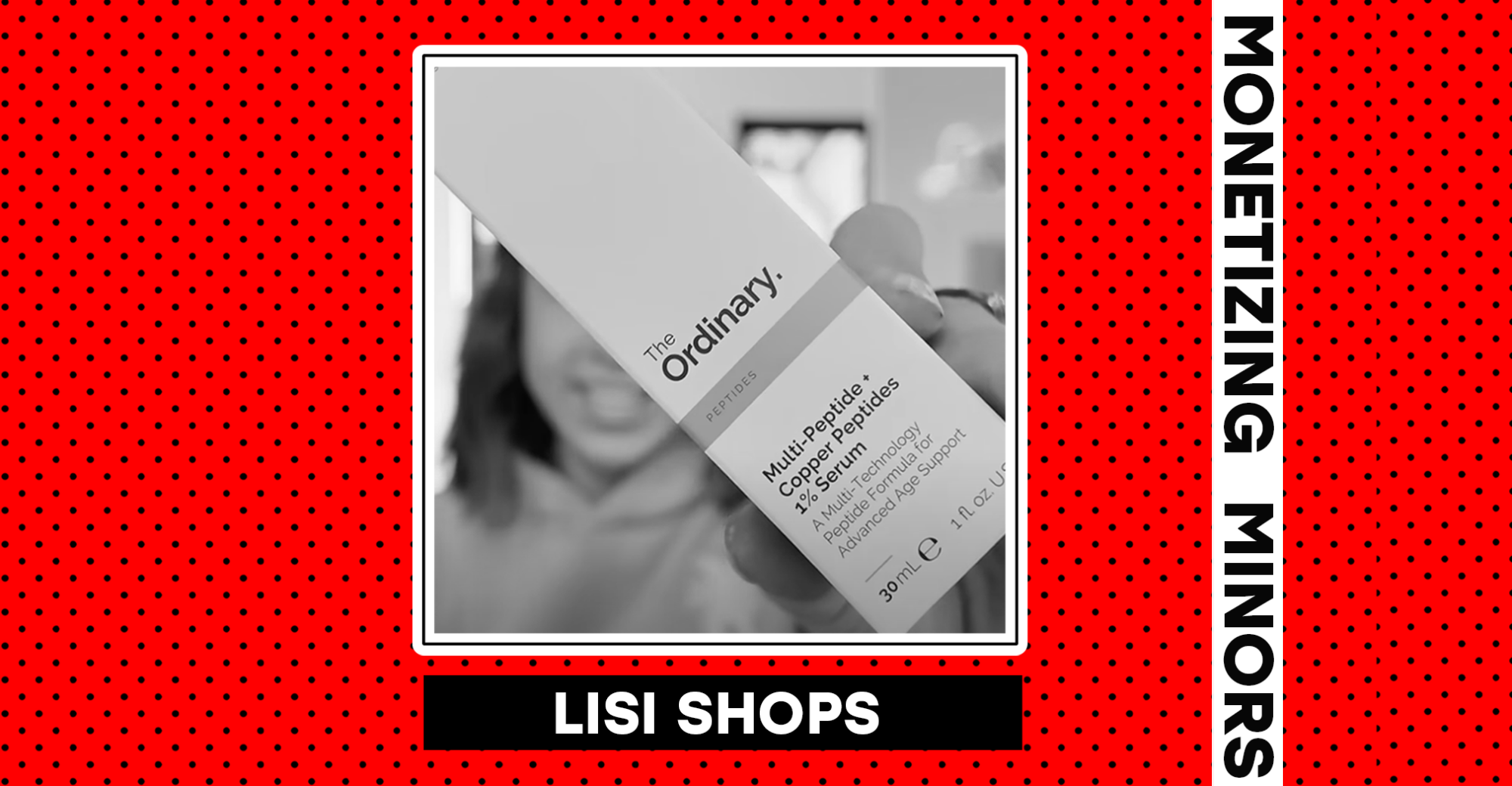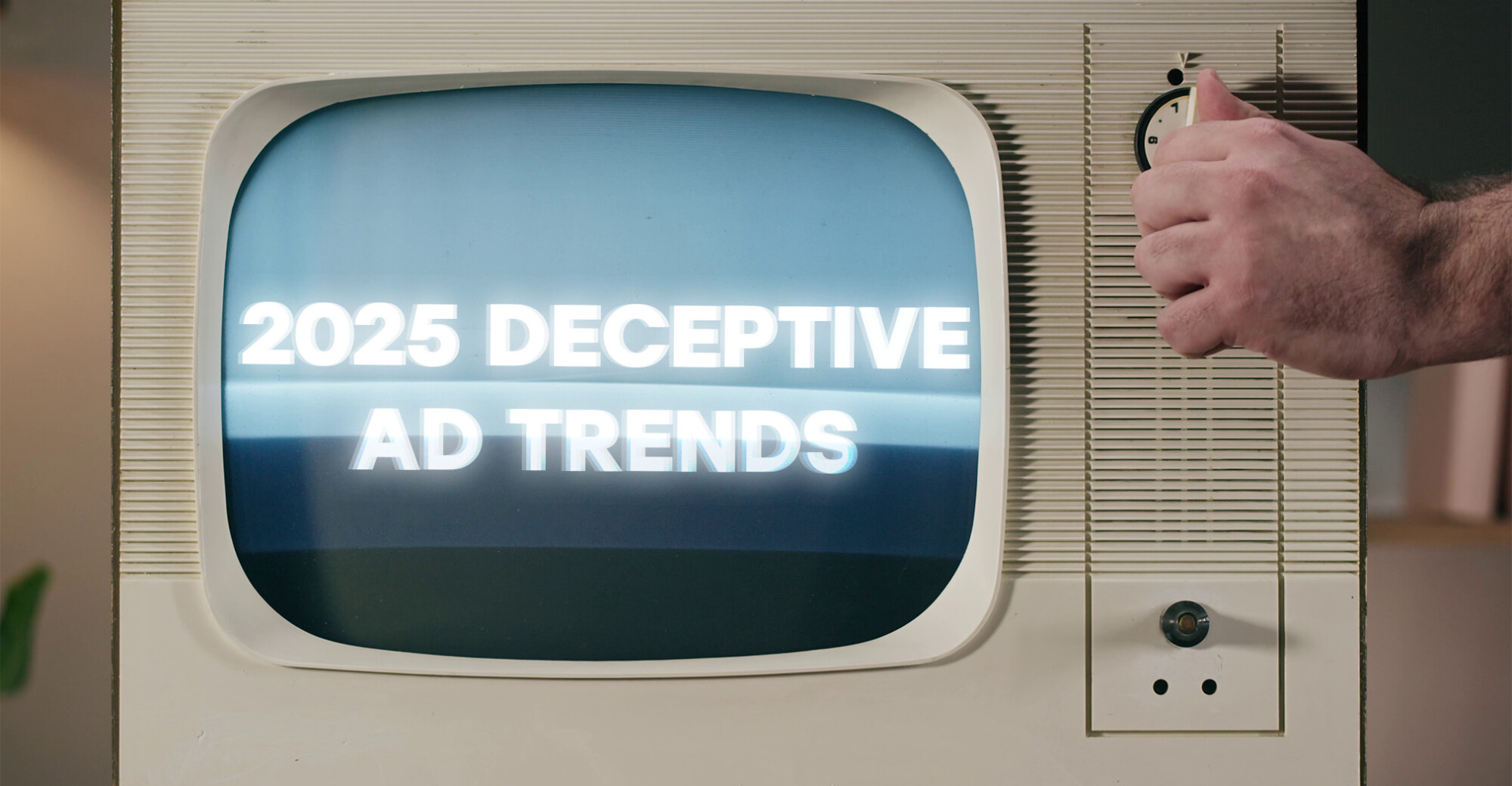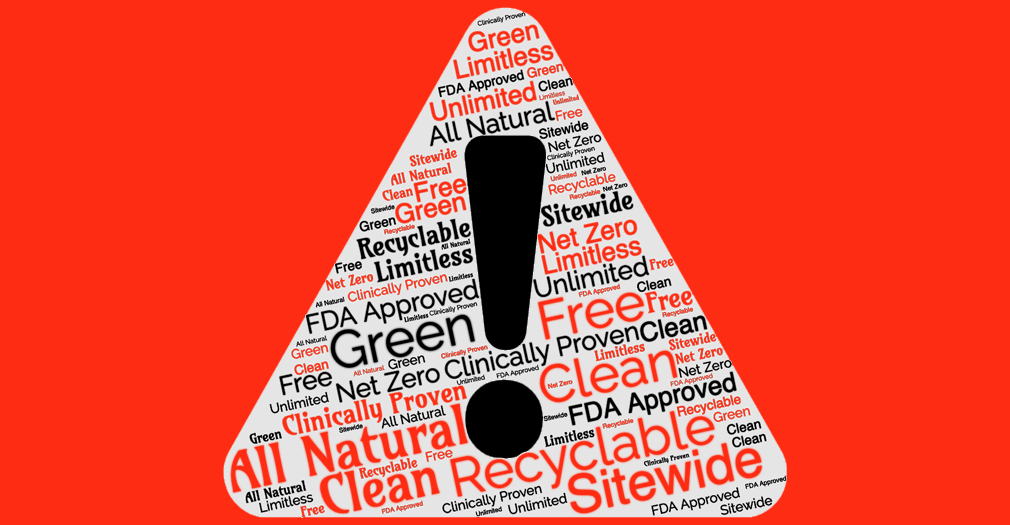
Monetizing Minors: Aneliese German (aka Lisi Shops)
What’s this kidfluencer doing promoting a “youth cream”?
A calorie-counting app is just one of the adult products promoted on this minor's social media channels.
Next up in TINA.org’s Monetizing Minors series is Piper Rockelle.
Rockelle is nearing a decade as a kidfluencer – a time period laced with its fair share of controversies concerning her mother and her career, which, at one point, led to her YouTube channel being demonetized. But this hasn’t stopped brands from flocking to Rockelle for promotional opportunities. According to Rockelle’s YouTube page, her videos “are great for boys and girls of all ages,” so what better place for companies to advertise their adult products? Similar to Lisi Shops, brands are using Rockelle to promote their anti-aging products and energy drinks, but these aren’t the only 18+ products vying for airtime on Rockelle’s social media channels. Below, we examine several companies targeting kids with their adult products.
Rockelle doesn’t hide the fact that she has “recovered from two eating disorders” and acknowledges that her “eating disorder can always come back at any moment.” But these facts haven’t stopped Cal AI, “the most advanced calorie tracker” that allows you to “lose weight effortlessly,” from teaming up with Rockelle. According to Cal AI, “If you want to get your dream body, Cal AI will help you get there …. We aren’t another complicated diet app.”
And where there’s diet, exercise generally follows. DanceFitme, a fitness app “designed for weight loss and toning,” informs consumers they can “stay slim, sexy, strong and confident” with its app and indicates in its terms and conditions that the app is for those 18 and older. The company seems to have ignored its own requirements for kidfluencer Rockelle, however, who has marketed the weight-loss app to her millions of young followers on Instagram.
Diet and calorie tracking apps can be extremely harmful to kids. They can lead to unhealthy relationships with food and body image, increase the risk for eating disorders, and may provide inaccurate information for children who have different nutritional needs than adults.
“Take your vitamins, kids” counsels Rockelle after explaining her morning and evening routines, which include taking hair and sleep aid supplements. In another post, Rockelle says that the little blue bear gummy she’s holding is “like a little treat” and as a result of taking it every day, “[her] hair has never been so shiny, and strong and it’s growing.” These videos are ads for Sugar Bear Pro, which sells adult supplements. However, the brand certainly doesn’t appear to require Rockelle to disclose that its products, the packaging of which states “Keep out of reach of children,” aren’t meant for kids (like her) in any of Rockelle’s posts.
Dietary supplements are not without their fair share of risks. Even Sugar Bear Pro cautions that the biotin in its hair supplement may interfere with lab tests and that anyone taking medications or who has a medical condition, among other things, should consult with a health care provider before using its hair supplement. The company also recommends that before taking its Sleep supplement, consumers consult with a doctor – advice that seems especially prudent when it comes to kids as Sugar Bear’s sleep supplement has an adult size dose of melatonin in it, among a host of other ingredients.
Forget the babysitting job. Instead, CRWD wants Rockelle’s followers to review products in exchange for cash. Here’s how Rockelle explains the gig: “Hey babies. Stop scrolling. I just found this amazing new website called CRWD. You can get paid to review trending Amazon and TikTok products. And yeah, there’s literally no catch. And if you don’t have a ton of followers or you’re not an influencer, you can still make a ton of money…. Oh, and not to mention, payout is the same day. I already signed up for CRWD and I already got paid.” [Note: According to CRWD’s terms and conditions, payouts “may take up to 30 days.” In addition, some users report getting stiffed by CRWD after posting a review.]
If gaming is more your thing, Playful Rewards is also using Rockelle to pitch its alleged money-making opportunity. According to Rockelle, “I know nothing comes easy but I have an easy way to put some extra cash in your pocket. At first, I didn’t believe this but I’ve already made 300 bucks…. And when I say it’s easy, I mean like easy, easy – like all you have to do is test out games on your phone. Could it get more simpler?”
When the lure of easy money is used in marketing, such ads are required to indicate what the typical consumer is likely to earn so that consumers are not misled. And brands cannot abdicate this responsibility to ensure compliance with such truth in advertising laws to kidfluencers, who likely do not know what the legal requirements are or how much the typical participant actually earns. Misleading earnings claims can cause real harm to consumers, including minors.
[Note: TINA.org spotted other red flags with regard to CRWD and Playful Rewards.]
TINA.org reached out to all the brands mentioned in this article, in addition to a representative for Rockelle. A couple brands responded.
Playful Rewards said that while its terms of use state that reward eligibility starts at age 18, its platform is designed for users aged 13 and older and users under 18 “may still access limited content within the app.”
With regard to the post referenced above, the company said that it “was not arranged directly by Playful Rewards,” but likely initiated through one of its marketing partners. The company added:
Piper’s audience includes a wide range of followers, including many young adults, like most creators whose content spans lifestyle, entertainment, and gaming. The intent of such placements is to appear within the viewing audience of that broader demographic.
Similarly, while acknowledging that its app is intended for adult users, Cal AI said that Rockelle’s audience aligns with its standards. The company said it “thoroughly review[s] [its] influencer engagements to maintain compliance with all applicable regulations.”
Wide-ranging and serious harms can result when inappropriate and deceptive marketing is directed at minors. Such harms include financial loss, family conflicts and damage to mental health, including low self-esteem, negative body image and an increase in harmful behaviors such as unsafe dieting. More needs to be done and appropriate measures taken to protect kids (both those being marketed to, as well as those being used in the marketing) from the harms inflicted from such unfair marketing practices in the digital landscape.
Find more of our coverage on products marketed to kids.
What’s this kidfluencer doing promoting a “youth cream”?
A closer look at what we’ll be monitoring in the new year.
These definitions are a joke.

